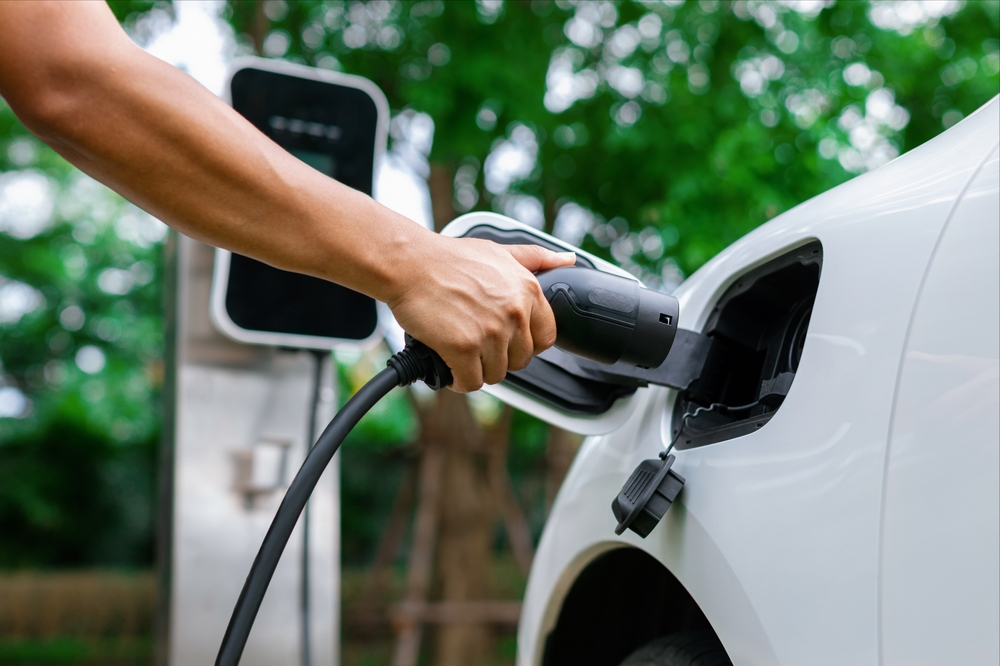Energy Efficiency, GHG Emissions, Industrial - December 4, 2023
Volvo Seeks to Lower Each Car's Emissions by 75%
Volvo Cars plans to reduce CO2 emissions per car by 75% by 2030, compared to a 2018 baseline.
The automotive manufacturer’s current goal is to be climate neutral by 2040 and to reduce CO2 emissions per car by 40% between 2018 and 2025. During the first nine months of 2023, overall CO2 emissions per car were 19% lower compared with its 2018 benchmark.
Volvo announced it is now a member of the World Economic Forum’s First Movers Coalition (FMC) and will invest in emerging clean technologies that will support the shift to near-zero emission aluminum.
The company is also collaborating with Swedish steel producer SSAB to explore near-zero emission, high-quality steel for the automotive industry.
Volvo Cars secured access to near-zero emission primary and recycled sheet steel from SSAB that will be used in its car programs by 2026.
“COP28 is a historic accountability moment for climate action,” says Javier Varela, chief operating officer and deputy CEO, Volvo Cars in a statement. “The world urgently needs to come together and act, to avoid the worst effects of climate change. We’re committed to doing our part and we call on corporate and political leaders around the globe to also do theirs.”
In 2023, Volvo Cars launched the fully electric EX30 small SUV, designed to have the lowest carbon footprint of any Volvo car. During the first nine months of 2023, fully electric cars made up 16% of the company’s overall sales.
Volvo will produce its last ever diesel-powered car in early 2024.
The company will also tackle CO2 emissions throughout its supply chain and operations (including logistics), seeking to lower them by 30% each by 2030, compared to a 2018 baseline.
Volvo announced 69% of its operations were powered by climate-neutral energy in 2022 and since that time has reached 100% climate-neutral electricity across each of the plants globally.
The company also announced the switch from fossil fuel to biofuel for 86% of its intercontinental ocean freight. This reduces ocean freight CO2 emissions by 84%.
Read These Related Articles:
Share this valuable information with your colleagues using the buttons below:
« Back to NewsStay Up-To-Date












